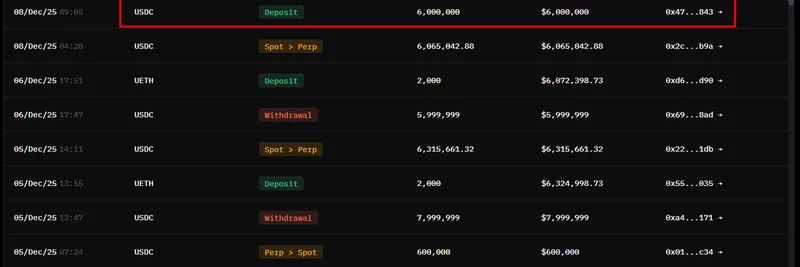In the fast-evolving world of blockchain and AI, exciting developments are brewing on Ethereum. A recent tweet from @everythingempt0, a core contributor to Virtuals Protocol, sheds light on how Virtuals is positioning itself alongside the emerging ERC-8004 standard. Far from competitors, these two initiatives are set to complement each other, potentially supercharging the growth of decentralized AI agents.
Let's break it down simply. Virtuals Protocol is a user-friendly platform built on Base Layer 2 (an Ethereum scaling solution from Coinbase). It lets anyone – even non-developers – create, deploy, and monetize AI agents. These agents can handle tasks like trading, gaming, or even acting as virtual companions, all while operating autonomously on the blockchain. The key sauce? Virtuals uses its Agent Communication Protocol (ACP) to enable seamless interactions between these agents, complete with on-chain identities and tokenization mechanisms. Think of it as a "pump.fun" for AI agents, where users can launch and trade agent-based tokens easily.
On the other hand, ERC-8004 is a proposed standard on Ethereum aimed at creating "trustless AI agents." It's like setting the ground rules for how AI agents can discover each other, verify tasks, and interact without needing to trust intermediaries. The proposal introduces three core on-chain registries: Identity (for unique agent profiles), Reputation (to track reliability), and Validation (for proving task completion, possibly using zero-knowledge proofs). This setup paves the way for a decentralized agent-to-agent (A2A) ecosystem, where agents can collaborate across organizations securely.
The tweet quotes a detailed analysis from @lanhubiji, emphasizing that Virtuals' ACP and ERC-8004 share conceptual overlaps – both focus on building autonomous AI ecosystems with crypto as the trust layer. For instance, Virtuals handles agent communication via smart contracts and off-chain networks, while ERC-8004 standardizes identity and validation to ensure interoperability. But here's the beauty: they're not rivals. ERC-8004 acts as the foundational standard, much like ERC-20 did for tokens, defining universal rules for the entire Ethereum ecosystem. Virtuals, meanwhile, serves as an application layer – an "out-of-the-box" platform that makes it dead simple to spin up agents with just 100 VIRTUAL tokens.
@everythingempt0 echoes this sentiment, praising Ethereum's "minimalist and selfless" philosophy. They're even willing to integrate Virtuals' registry of over a thousand agents into ERC-8004, aiming to "make the EVM AI pie bigger and stronger." This collaborative spirit could attract more developers and users: big institutions might lean on ERC-8004's standards for robust, enterprise-grade agents, while everyday creators flock to Virtuals for its low-barrier entry and vibrant marketplace.
Replies to the tweet capture the community's vibe. One user hails it as "big pattern thinking," another questions if it's just dodging competition, and a third philosophically notes that "selflessness leads to greater achievement." It all points to a maturing ecosystem where collaboration trumps cutthroat rivalry.
Why does this matter for meme token enthusiasts and blockchain practitioners? Virtuals isn't just about AI – it's tokenizing agents, creating new economic models that blend meme culture with real utility. Projects like this could spawn the next wave of viral tokens, where AI-driven agents generate revenue and share it with holders. As ERC-8004 gains traction (it's still in draft as of August 2025), expect more cross-pollination, making Ethereum the go-to hub for AI innovation.
If you're diving into meme tokens with a tech twist, keep an eye on Virtuals. It's not just hype; it's building the infrastructure for a decentralized AI economy. For more insights, check out the Virtuals Protocol website or explore the ERC-8004 proposal discussions. The future of AI on blockchain is collaborative, and it's unfolding right now.

